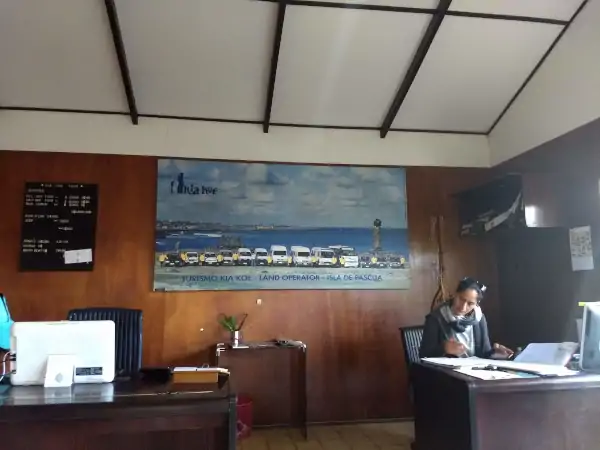Planning to set up your Company? Do you know the difference between proprietary and public company Australia?
Proprietary vs Public
Proprietary companies
Proprietary companies limited by shares

A company that is limited by shares means that the liability of its members is limited to the nominal amount of their shares. If a company has ‘Pty Ltd’ at the end of the name, they are a proprietary company limited by shares.
Unlimited proprietary companies with a share capital
An unlimited proprietary company with share capital is a company where its members’ liability is not limited. If a company has just ‘Pty’ at the end of the name, they are an unlimited proprietary company with a share capital.
In compliance with the Corporation Act 2001, a proprietary company must:
- Have at least 1 member
- Have no more than 50 non-employee members
- Have at least 1 director
- Have at least 1 director ordinarily residing in Australia
- Does not need a company secretary, however can have one or more (if so, at least 1 must ordinarily reside in Australia)
- Aren’t required to keep its registered office open to the public
- Don’t need to appoint an Auditor
A proprietary company is defined as small if it satisfies two of the following:
- The consolidated gross operating revenue of the financial year of the company and any entities it controls is less than $25 million.
- The value of the consolidated gross assets at the end of the financial year of the company and the entities it controls is less than $12.5 million.
- The company and any entities it controls have fewer than 50 employees.
Public Companies

Public companies limited by shares
The same as a proprietary company limited by shares, a public company that is limited by shares is a company where the liability of its members is limited to the nominal amount of their shares.
Public companies limited by guarantee
The difference with a company that is limited by guarantee is that members can guarantee a fixed amount to be undertaken to contribute to the company when it is wound up. These types of companies have no share capital.
Unlimited public companies with a share capital
Like its private counterpart, an unlimited public company with a share capital is a company where its members liability is not limited.
No liability companies (mining and resource companies)

Mining
In Australia, a no liability public company is a type of public company that has share capital. They can only be used where the principal activity of the company is that of mining or resource exploration.
In compliance with the Corporations Act 2001, a public company must:
- Have at least 1 member
- Have at least 3 directors
- Have at least 3 directors ordinarily residing in Australia
- Have at least 1 company secretary
- Have at least 1 company secretary ordinarily residing in Australia
- Registered office must be open to the public during certain hours
- Appoint and have an Auditor
Need more help on set up proprietary and Public Company?

+61 2 8011 4699
If you are going for most excellent contents like myself,
only pay a visit this web site daily since it gives quality contents, thanks